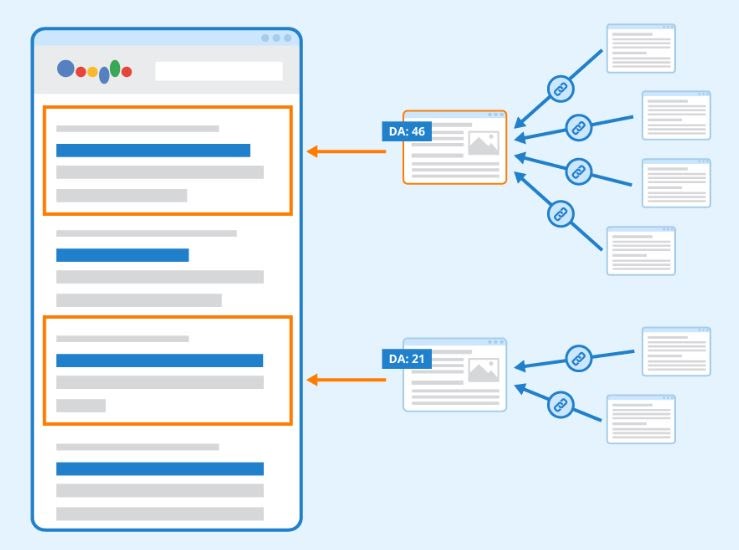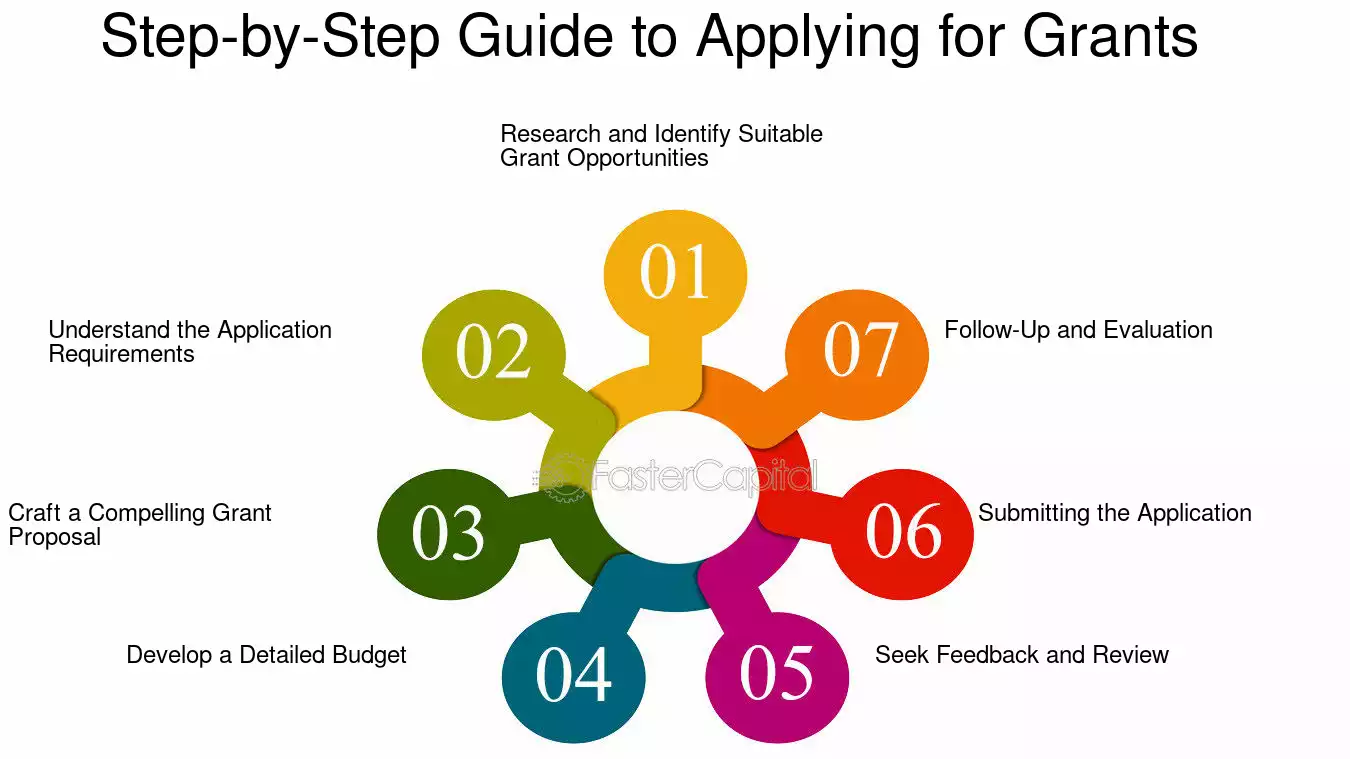1. Understand Your Purpose and Eligibility
Before you start searching for grants, you must clearly define your purpose and the type of funding you need. Grants come in various forms and target different groups, such as:- Research and academic grants (for students, researchers, and institutions)
- Business and startup grants (for entrepreneurs and small businesses)
- Nonprofit grants (for organizations working on social or environmental causes)
- Creative and artistic grants (for artists, filmmakers, and other creative professionals)
- Community grants (for local development projects)
2. Start Your Search: Where to Look for Grants
Finding the right grant can take time, but using the right resources will make the process easier. Here are some popular sources:a. Government Databases
Many governments have dedicated databases that list available grants:- Grants.gov (US): A large database of government grants for individuals, nonprofits, and businesses.
- Canada’s GrantWatch: Lists available grants for Canadian citizens and organizations.
- European Commission’s Funding & Tender Portal: For grants across Europe, particularly for research and innovation.
b. Foundations and Nonprofits
Private foundations and nonprofit organizations often offer grants, especially for charitable causes. Some large foundations to consider are:- The Gates Foundation
- Ford Foundation
- MacArthur Foundation
c. Online Grant Directories
There are several comprehensive websites where you can find grants specific to your industry or region:- GrantWatch: Lists grants for nonprofits and small businesses.
- Foundation Center: A subscription-based resource that provides access to a comprehensive list of U.S. foundations and their grants.
- Candid: Another nonprofit service provider that offers a searchable database for grant seekers.
d. Industry-Specific Resources
Depending on your field, you may find grant opportunities through professional organizations. For example:- National Endowment for the Arts: For artists and creatives.
- National Science Foundation: For researchers in STEM fields.
e. Local Government and Community Organizations
In addition to federal or large-scale grants, check with local governments or community development organizations for small business or community grants.3. Narrow Down the Best Options
Once you’ve gathered a list of potential grants, narrow it down by reviewing the following:- Grant size: Does it match your funding needs?
- Deadline: Can you meet the timeline for submission?
- Requirements: Are the eligibility criteria feasible for you?
- Reputation: Check the legitimacy and reputation of the organization offering the grant.
4. Prepare Your Application
The key to a successful grant application is preparation. Here’s how to ensure your application stands out:a. Follow Instructions
Read the grant guidelines carefully. Missing a step or submitting the wrong materials can disqualify you. Make sure to adhere to word limits, formats, and required documentation.b. Craft a Compelling Proposal
Grant applications often require a proposal that details how you’ll use the funds and why your project is important. A strong proposal should include:- Clear objectives: What do you aim to achieve?
- Budget breakdown: How will the grant funds be allocated?
- Project timeline: Include milestones and key deadlines.
- Impact: Explain the significance of your project and its potential outcomes.
c. Gather Required Documentation
Most grants require supporting materials such as:- Financial statements
- Letters of recommendation
- Proof of nonprofit status or business registration
- CVs or portfolios (for creative or academic grants)
d. Proofread and Review
Before submitting, have someone review your application to check for errors, unclear language, or missing information.5. Submit and Follow Up
After submitting your application, track it carefully. Some grants have an acknowledgment process, while others may allow you to follow up if you don’t hear back within a specified time. Make note of any deadlines for announcements or follow-ups in case additional information is needed.6. Plan for Future Applications
Even if your first application isn’t successful, don’t give up. Many successful grant recipients faced initial rejections before eventually securing funding. Use feedback from failed applications to refine your approach for future opportunities.Tips for Success
- Start Early: Grant applications take time to prepare. Starting early gives you the flexibility to revise and perfect your submission.
- Build Relationships: Networking with grant administrators or past recipients can provide valuable insights into what makes an application successful.
- Tailor Each Application: Avoid submitting generic applications. Tailor each submission to match the specific requirements of each grant.
Conclusion
Securing a grant requires effort, research, and attention to detail, but the rewards can be significant. By understanding the grant landscape, staying organized, and presenting a strong case for your project, you can increase your chances of obtaining the funding you need. Start early, stay persistent, and keep refining your approach with each opportunity. Read more :1= https://checkwebsitedr.com/blogs/how-to-search-for-reliable-information-on-the-internet/
2= https://checkwebsitedr.com/blogs/how-to-search-for-secure-and-private-browsing-options/
3= https://checkwebsitedr.com/blogs/how-to-search-for-family-history-and-genealogy-records/
4= https://checkwebsitedr.com/blogs/how-to-search-for-competitors-and-analyze-their-strategies/
5= https://checkwebsitedr.com/blogs/how-to-search-for-job-openings-in-your-field-a-step-by-step-guide/
6= https://checkwebsitedr.com/blogs/how-to-search-for-healthy-recipes-that-fit-your-diet/
7= https://checkwebsitedr.com/blogs/how-to-search-for-and-apply-for-grants/
8= https://checkwebsitedr.com/blogs/how-to-search-for-the-right-keywords-for-your-blog/
9= https://checkwebsitedr.com/blogs/how-to-search-for-local-services-near-you/
10= https://checkwebsitedr.com/blogs/how-to-search-for-the-best-travel-deals-and-discounts/


